The Google Chrome and Microsoft Edge browsers are built on the Chromium engine as a backend. However, their features and performance elements differ, which determines our preference.
The Google ecosystem supports Chrome, whereas Edge has a Microsoft account.
In this guide, I have shared written instruction about:
Basic Requirement to be a Great Browser
Even though Microsoft Edge and Google Chrome have the same foundation and are built on open-source Chromium, they differ in many areas.
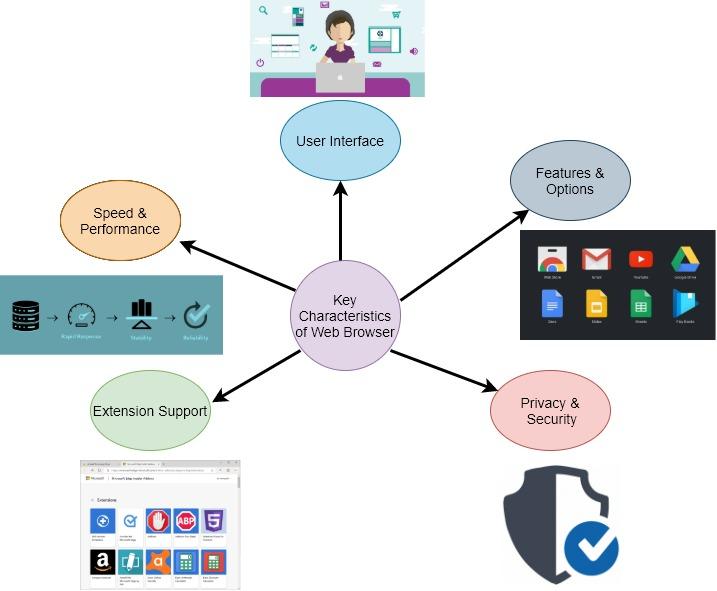
User Interface: When it comes to User Interface, the only way a user interacts with the browser is an essential part of the web browser. Many elements are being added to the user interface to make it easier for the user to communicate. These minor alterations affect the user experience a lot.
The user interface brings a lot of significance to the web browser because it attracts users and directs traffic to the web page. To compare two web browsers, Edge vs. Chrome, based on the user interface, we need to consider whether they provide language support, tooltip, functionality, etc.
Features and Options: The best web browsers, like Chrome and Edge, offer similar features but slightly change their functionality. Different elements have to be incorporated into the browser. We all multitask on the browser, so each tab must be allocated with its assigned process. This way, RAM is not wasted, and energy consumption is reduced.
Sync: Sync is an essential feature in a browser, and it helps store bookmarks, history, passwords, and even closed tabs. Our data is constantly updated when the sync is in constant function. A browser that offers deep extensions for sophisticated API is better while basing it on architecture. Flexibility and interfacing have made it possible to connect directly to the operating system.
Speed and Performance: Whenever the user is dissatisfied, one of the main reasons could be low speed or lack of performance. In the present world, everyone wants their job to get done faster. User experiences are made better by providing lightning-fast responses and fewer load times. All must be put to their highest potential to maximize speed and performance. Faster connectivity helps in establishing fast-speed networks. With stability comes speed and performance. Make sure to maintain server stability and volume of customers.
Privacy: We perform all our work and research on a web browser; therefore, privacy is a significant priority. When our data, like search history and files stored on the cloud, are in the wrong hands, terrible things are bound to happen. When a breach in the security system occurs in a corporation, every employee is at risk. Similar things are possible to occur at a school and hospital. Therefore, privacy and security must be encrypted at a high level in any browser.
Browser Usability and User Interface
Our Winner: Google Chrome
This criterion depicts the user experience and focuses on things that are interactive to the user. The browser’s user interface is the only reason users spend and interact for extended periods.
Microsoft Edge: The user interface of Microsoft Edge is of different types, which enable the user to choose. It has a setup wizard with which importing all the settings is made simpler. The sync process is illustrated even when different devices are in processing mode. Tab management and scrolling are versed, but many integrations are not updated. Every day, new wallpapers are designed to inspire and motivate. The new page consists of different styles to pick from.
Google Chrome: is well-defined and integrated with a high-quality user interface. After the setup, the browser allows users to store accounts and pick the desired applications. It gives the user the freedom to import data from a pre-existing browser. You can also use the new tab groups feature that Chrome recently added to its feature list.
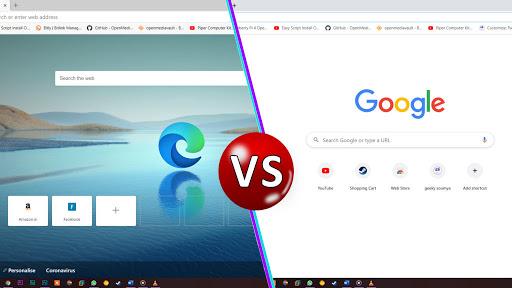
Edge vs. Chrome: There is too little to differentiate based on the user interface. Tab management is similar in both web browsers. The setup process is executed similarly. One difference is detected, which is offered by Chrome, sending tabs to a different device.
So, when considering the user interface, they are almost at the same level, but with an additional feature, Chrome takes the win. Its compatibility with various features made it a better browser. So, in this Chrome vs. Edge, Chrome wins!
Built-in Features and Options
Our Winner: Microsoft Edge
It is an important factor when dealing with website and application extensions. It must perform on various platforms and individually at the same level.
Microsoft Edge: As highlighted earlier, Edge faced many challenges in amalgamating all the features and options. Its Chromium version can host new features like ad blockers, password managers, and other security extensions. Edge chromium also has a built-in reader view known as immersive reading, which stands out.
Google Chrome: With Google Chrome, there is not much difference from Microsoft Edge, but the overall integration from its apps is well-defined. Google Drive, Google Docs, and Google Translate improve the user experience.
Microsoft Edge vs. Google Chrome: Most of the features or applications in both are similar in functionality. However, Edge has incorporated a unique feature called read-aloud, which can stress and read text words aloud. In both the app stores, all the applications are allowed for web extensions.
Microsoft Edge has an advantage over Chrome by considering the features and options provided. Both browsers are under the same framework, but some unique features Microsoft had to offer made it win in this Microsoft Edge vs. Google Chrome.
Browser Speed and Performance
Our Winner: Tie!
Loading time and response time must be fast to increase performance levels. The enhancement of speed comes from the management of RAM. The browser may crash or shut down when too much RAM is sucked out.
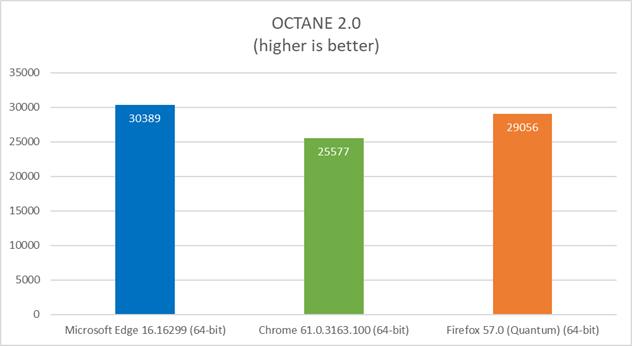
Google Chrome: The new version of Chrome’s engine made the Edge faster, and managing RAM became simple. All this is made to happen even when only seventy percent of RAM is used. The response speed is lightning-fast and can be easily connected to all the web pages.
Microsoft Edge: It is at the same level as Microsoft Edge. RAM and CPU usage is very high but produce fast search results and stay connected for extended periods.
Microsoft Edge or Google Chrome: The main difference between the two browsers is RAM usage, and in the case of Chrome, RAM consumption is higher than Edge. Even with the installation of a resource-hungry chromium network, they have managed to cross Chromes’s abilities in performance and speed.
Regarding speed and performance, Chrome is a good choice, but has a heavy memory. If you are running on an old configuration, I’d suggest Edge Chromium.
Browsing Data Privacy and Connection Security
Our Winner: Microsoft Edge
To protect personal or confidential information, an implementation must ensure the user of high-level privacy and security. Many hackers find loopholes in the framework of the browser and steal all the data. Privacy factors should be considered necessary because this software has our data.
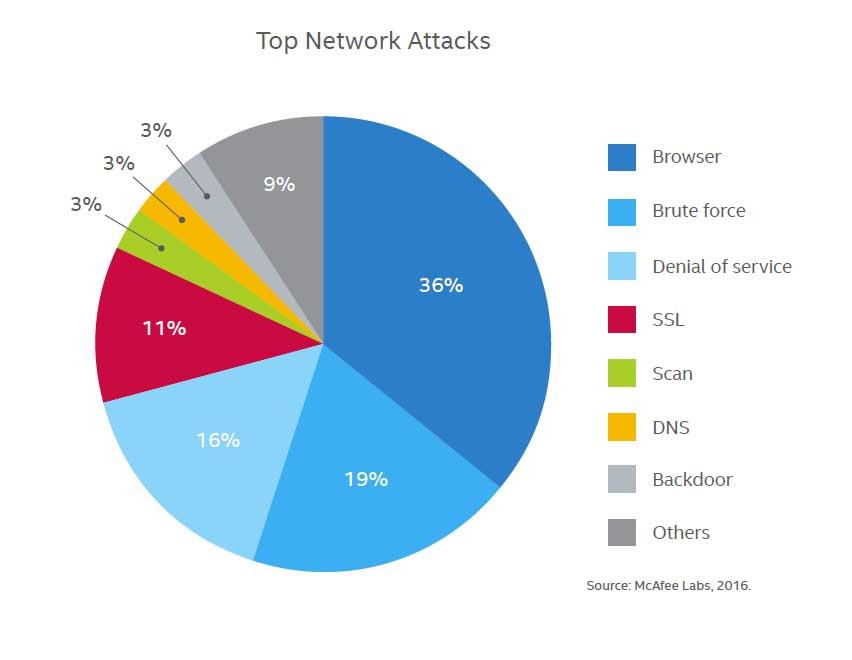
Microsoft Edge: Security and privacy is a field where Microsoft browsers never have any problems or challenges. It was the other area of the browser that required significant improvements. Edge has incorporated an intelligent screening system that protects the browsing database. The problem faced by Edge users is the delay in regular updates.
It includes some approaches to restrict how much information is being collected on you while using the web browser in a matter of privacy. It also gives some websites named basic, balanced, and restricted.
Google Chrome: Chrome has its database protector and seems to be doing a fine job. Malicious sites are easily detected, and alerts are popped on the screen. When it comes to matters of privacy, Chrome is not the best option out there. It uses the information to direct relevant ads to you on different social media platforms. For storage space for cookies, it allows us to limit trackers and firewalls.
Edge or Chrome: Both browsers have similarities, like both display a clear warning when the user tries to access a page over regular HTTP. However, the intelligent screening system is far better at protecting databases than Chrome’s security system.
Taking security into consideration between the browsers in Chrome vs. Edge, Chrome takes the upper hand. This is because of its frequent updates and responsive alert system. Regarding Data Privacy, Microsoft Edge has the Edge over the Chrome browser.
Third-party Extension Support
Our Winner: Google Chrome
A browser with good extension support for several applications will qualify as a decent browser. These browser plug-ins take control of the APIs and can enhance productivity from the same application. This happens when the extensions are deployed with their own set of APIs.
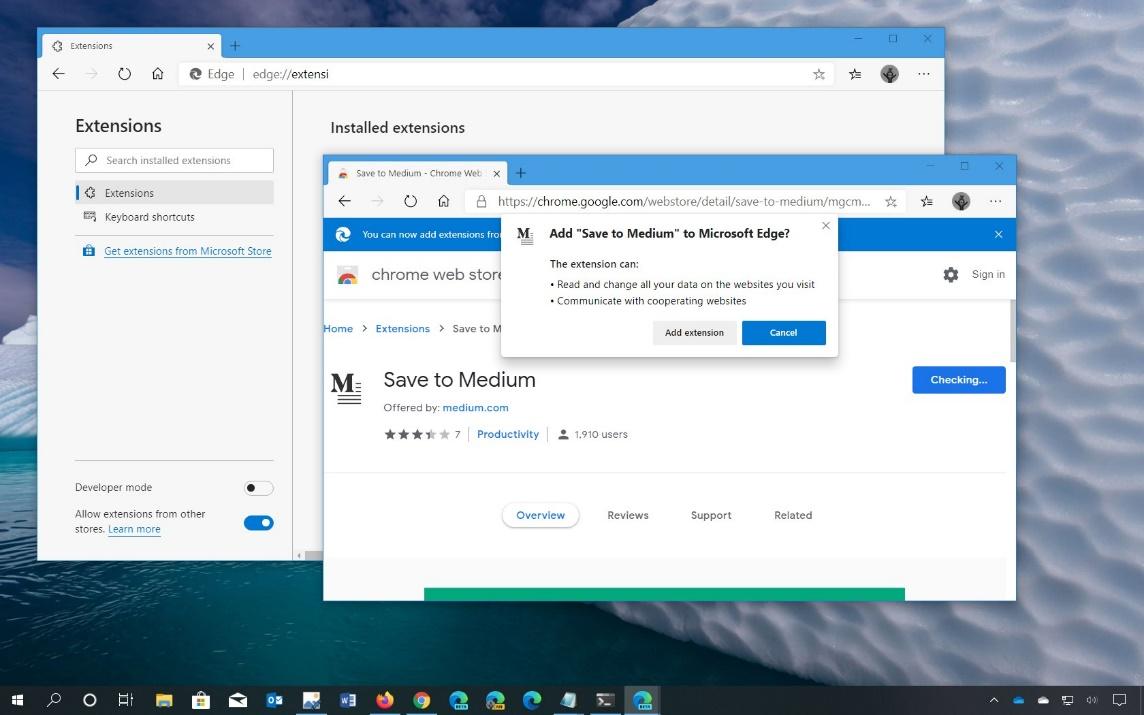
Microsoft Edge: Extension support on Microsoft Edge has made many improvements, and now, any extension on Chrome will also work on Edge. The key features and functionalities based on the extensions are still missing. It isn’t easy to navigate through installed extensions, and they are present in an extension library.
Google Chrome: In Google Chrome, many options are available, and any application is approved to add to the list of extensions. All the applications are well united into the browser. They are interlinked and work alongside each other.
Microsoft Edge V/S Google Chrome: They have all the same applications for extension support, and the navigation part of those extension libraries is the only difference. All the applications are from the Chrome web store and installed on the Edge.
In extension support, Google Chrome has a more straightforward approach and contains every critical application. The user can easily access the extension by clicking on the icons, which is way faster than Edge.
Bottom Line
This brings us to the end discussion of the comparison between Chrome and Edge.
Each of them brings different skills and functions to the table, and it depends on how one manages them. Use the Microsoft Edge browser if your work needs more security and privacy. To perform different tasks with the best application, Google Chrome will help.
When we multitask and need privacy, Edge is inevitably the right choice. It is evident that Edge has developed a lot from its days as Internet Explorer, and this new version is outsmarting some of the best browsers in the world.
Lastly, if you've any thoughts or feedback, then feel free to drop in below comment box. You can also report the outdated information.



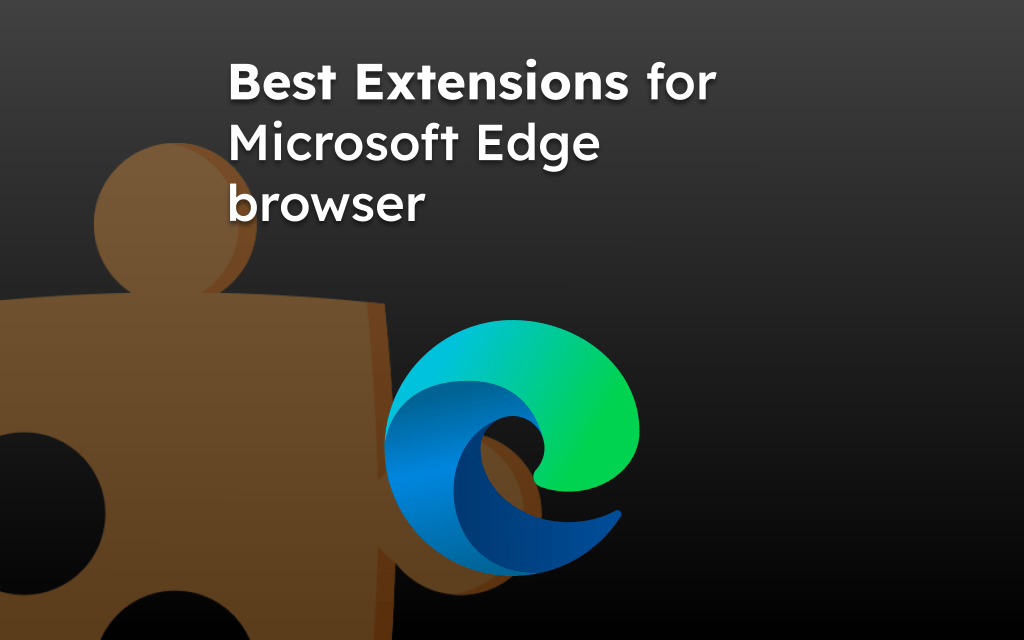
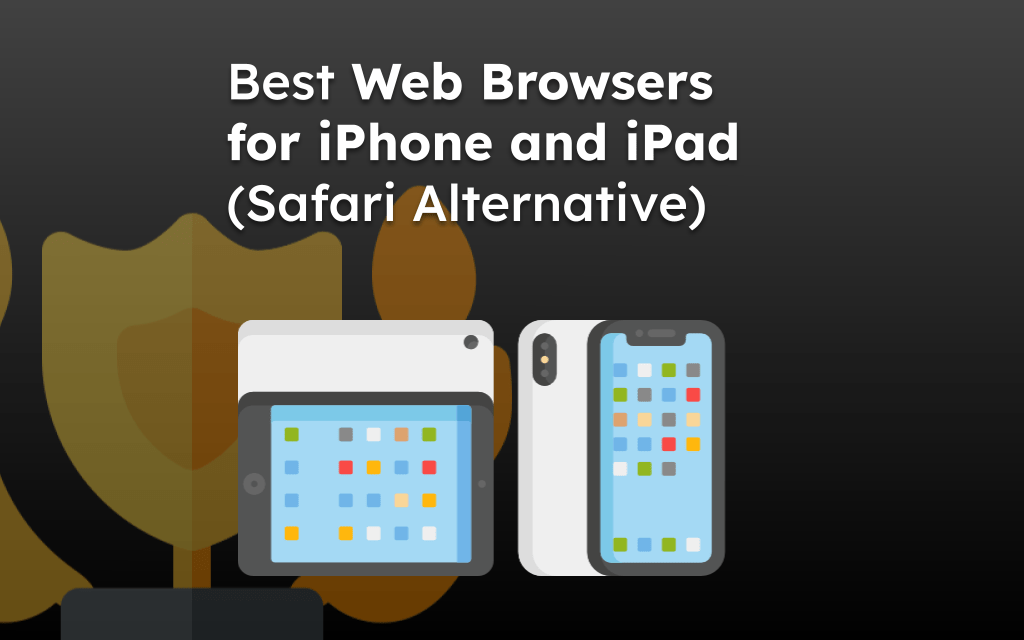
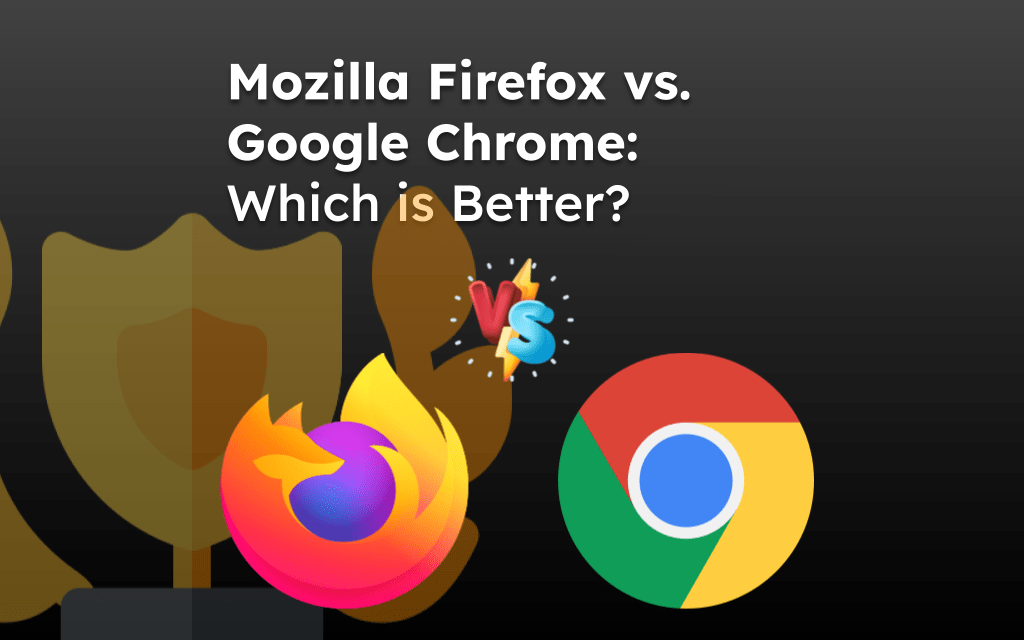
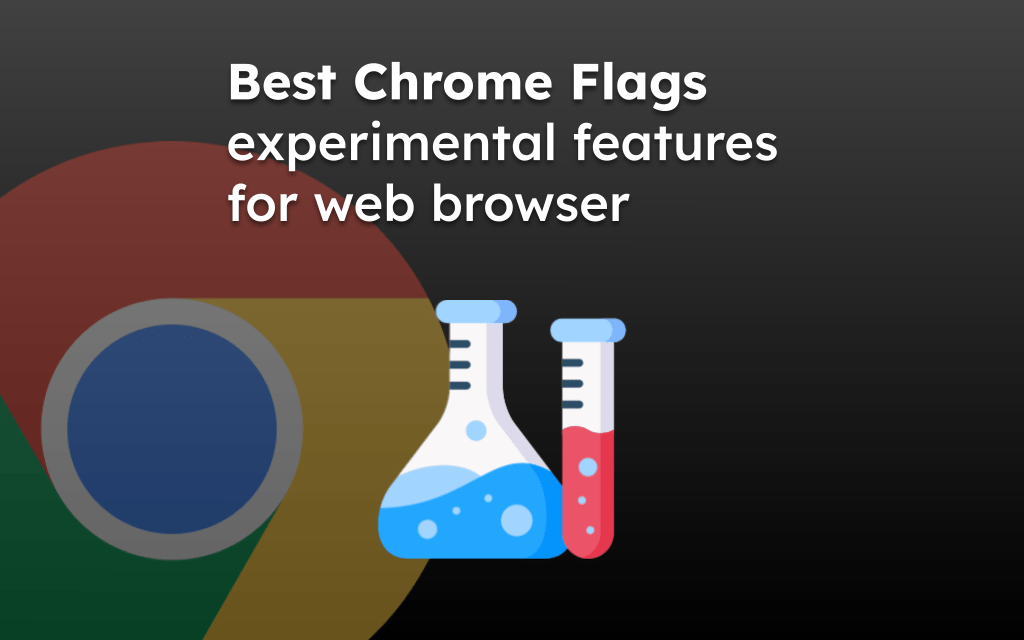
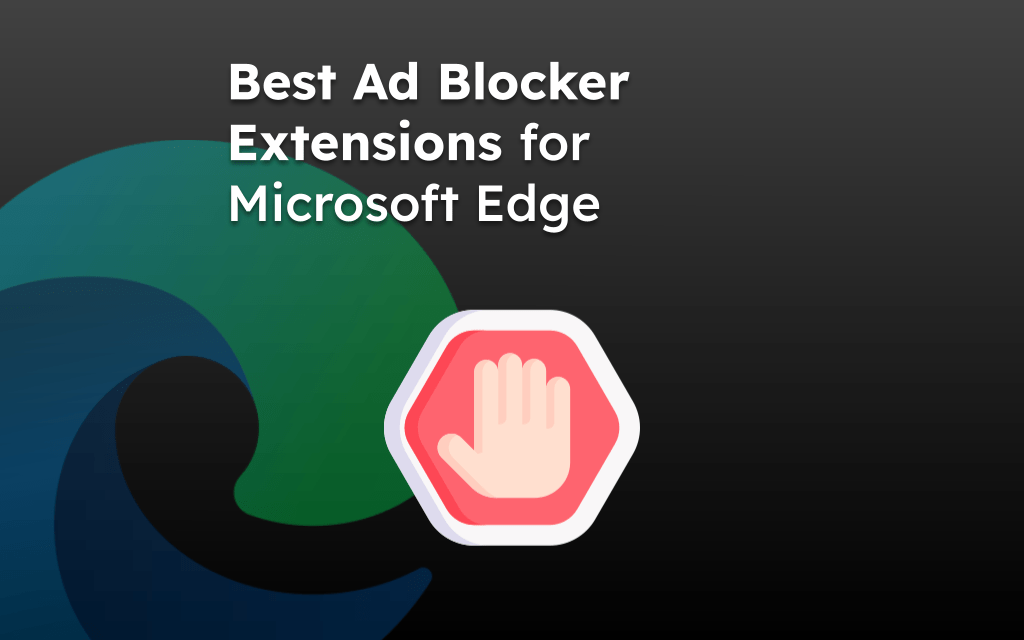
Chrome has a slight upper hand but …. resource hungry.
How about the fact that Edge has a very convenient “Share…” option in the menu which Chrome does not have. And you can use this Share option to send a webpage to your phone if you have Microsoft’s “Your Phone” app installed.
If you are signed into Google on both devices (PC and mobile) there is a Send to your devices button right in the URL bar
Edge- DEFINITELY!
Edge in its current avatar is a much better option.
Edge!
They are much in the same these days, however I have recently made an effort to shift over to Edge – I work in IT and find that Chrome works very well with many application / server tools through web browsers, whereas IE / Firefox often failed. Now that Edge matches Chrome on this and adds in the use of Collections to group sets of pages it makes sense for Infrastructure management purposes.
Joe, there is not much difference between Chrome and Edge. Of course, Chrome works quite well with apps, and so does the Edge browser.
Now if they could figure out how to get Google pay authentication etc. working with Edge I’d be happy. Have to jump out of edge to chrome to QUICKLY pay for things!! Unless I feel like running around finding my credit cards!! I know I can add a card, but it doesn’t do security number check, I do not believe!!
the new Edge is a carbon-copy of chrome, everything chrome offers, the new edge also offers. this article should have focused on the main differences between the two which are better memory management, snappier performance, improved security. how it looks boils down to personal preference. performance is what ultimately makes or breaks a browser and the new edge is essentially chrome rebranded, with some much needed tweaks. the only thing that keeps me from switching to edge full-time is google’s ecosystem. since i’m using an android phone, it is more convenient to use chrome so everything syncs.
I 100% agree with you, Andrei!
Edge syncs favorites and passwords fast and perfectly between my Windows and android phones.
They compared EDGE and CHROME streaming on their PC then EDGE streams Netflix slightly jerky. Chrome is fine.
Edge is much faster and uses less RAM and CPU. It is also much better when it comes to privacy and security, unlike the old Edge which was a joke.
Agree with you, Gary! The old legacy Edge was not worth to be called as “Edge”.
ie is better
Edge has really best memory and CPU optimization, whereas chrome sucks lot of memory and CPU usage which completely occupies almost 80% for just 10-15 tabs.
I agree with you, Sundyp! I had a similar problem until I upgraded my HD with SSD on Windows PC. And it also depends on the number of extensions loaded on the browser. Higher the number of extensions, the higher are chances of unresponsiveness and lag.
I work for an agency where memory is not an issue. The difference in speed is so small unless one is doing significant processing, modeling, etc. not really an issue.
The official browser for my agency had been IE. However, hundreds of staff just began to utilize Chrome; at first as adjunct and then de facto browser. At some point the agency tested the “direction of the wind” and switched to and supported (not that much support is needed) Chrome.
I prefer Chrome because Google’s bread and butter is Chrome. While I know Edge is a superior product MS has its fingers in many pies and corresponding priorities. Similar to the focus of ESRI on GIS vs MapInfo, the reality is that today ESRI is GIS. I believe Google will be Search Engine. Just because it is Microsoft doesn’t mean it is the best …just look at MS Access database …what happened there .
Chrome is doing much more than ideally any browser should do. Without you letting know it uses/accesses all your data for their ad business.